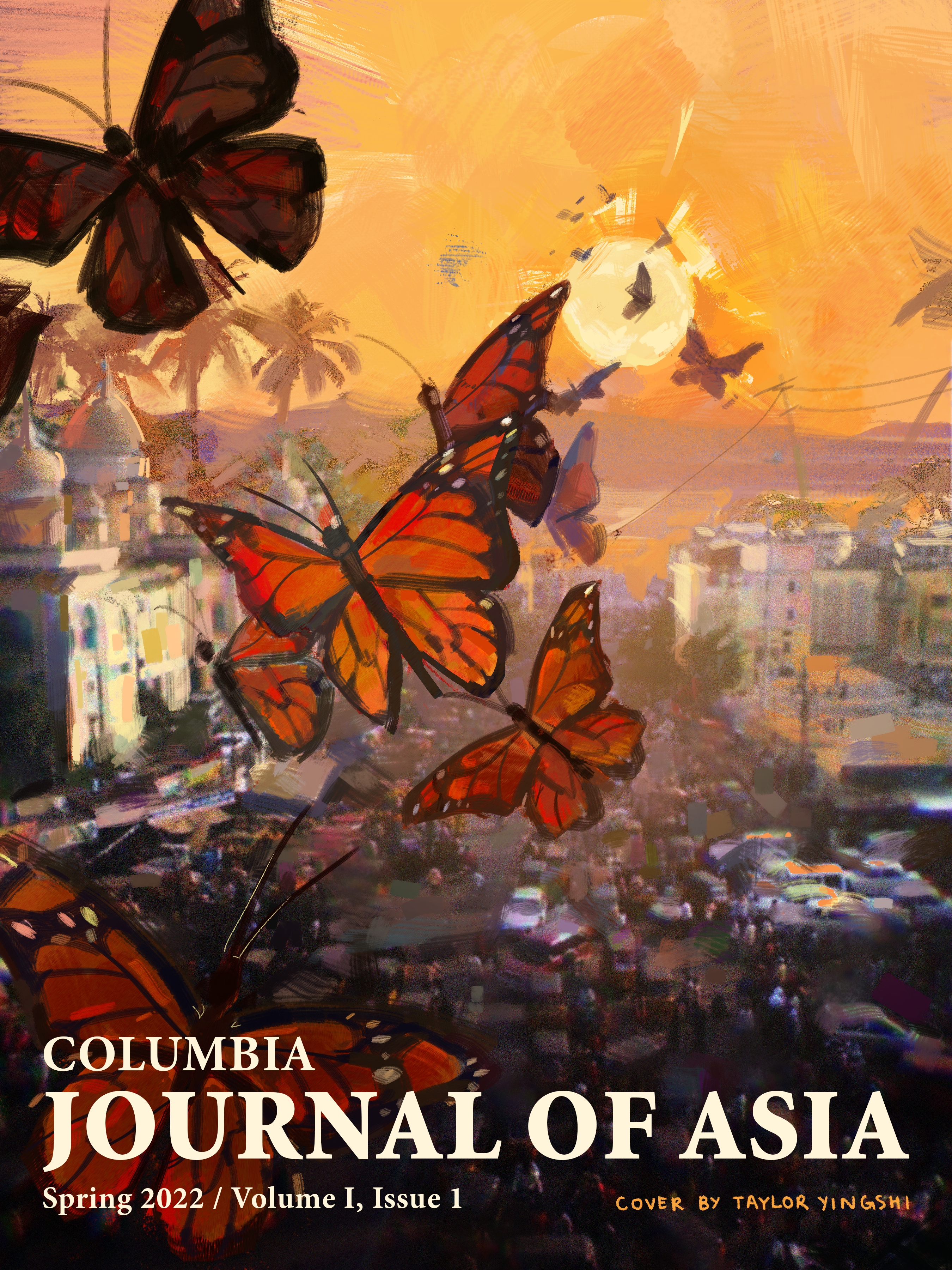Abstract
During the Sri Lankan Civil War, an entire generation grew up under a condition of violence. I analyze the violence of the Sri Lankan Civil War as a destabilizing as well as productive force, rather than only as the result of pre-existing social conflicts. I argue that the condition of violence during this war lent itself to new iterations of Tamil ethnic identity, focusing on how it created space for the renegotiation of Tamil womanhood. Inspired by Lee Ann Fuji’s conceptualization of ethnicity as “state-sponsored” and performed according to a “script” during periods of ethnic conflict, I argue that the Liberation Tigers of Tamil Eelam (LTTE) created a script for Tamil identity that positioned Tamil women as emblematic of the nation. The LTTE did so by portraying Tamil women as victims in need of protection and by arguing that their liberation from patriarchal traditions represented the liberation of Tamils as a whole. I then examine how the LTTE was both an agent and a product of the condition of violence during this period, thereby facilitating both agency for and oppression of women. Finally, I discuss how Tamil women sought their own agency by at times following scripts for the performance of their identities and at times deviating from those scripts.

This work is licensed under a Creative Commons Attribution 4.0 International License.
Copyright (c) 2022 Meenakshi Jani

